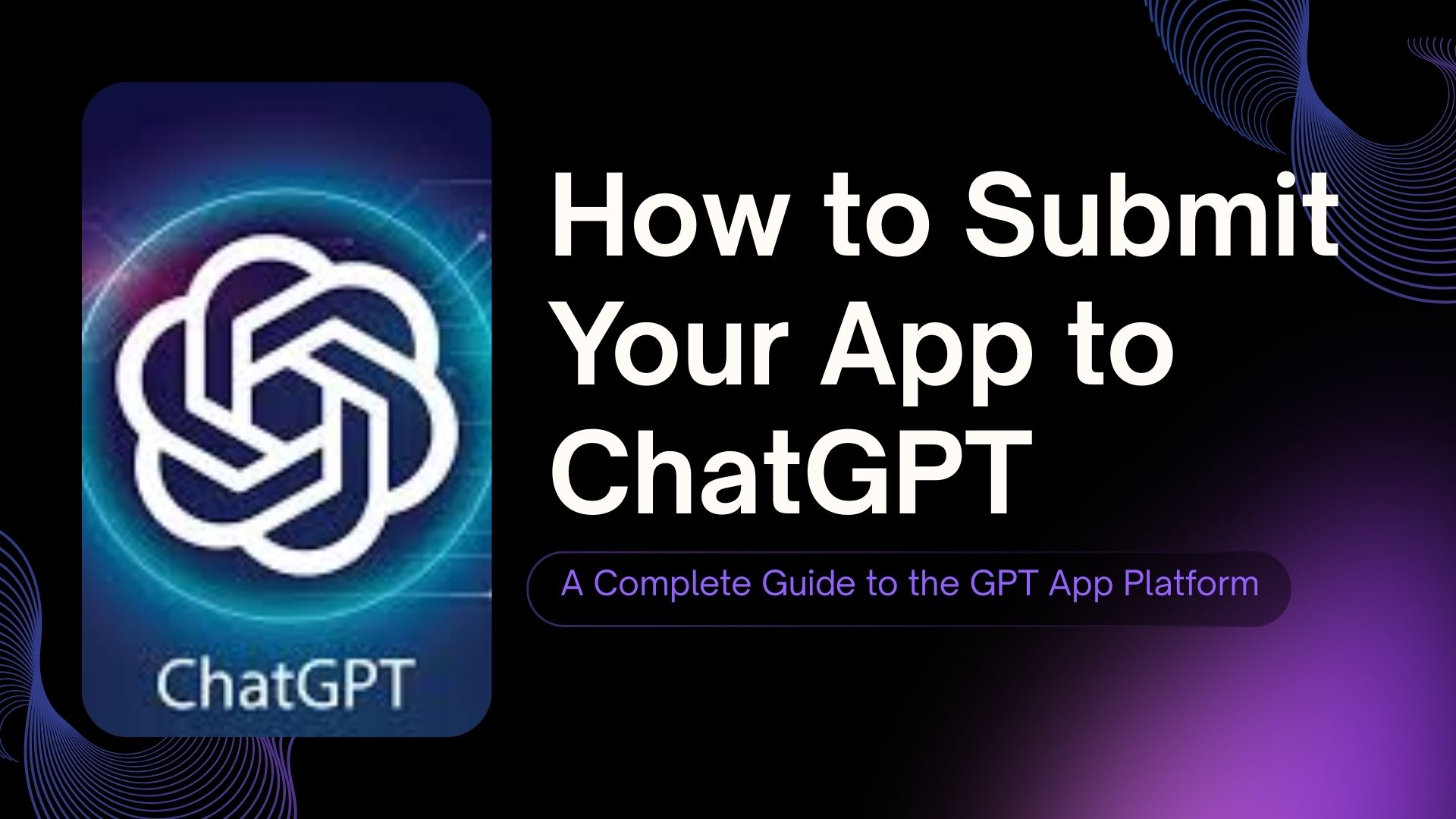In the digital era, the potential of Artificial Intelligence (AI) is reshaping various industries, and one sector that stands to benefit immensely is education. As AI continues to advance, it holds the promise of revolutionizing the way we learn, teach, and interact within educational settings. In this blog post, we will explore the significant role that AI can play in transforming the future of the education system.
Section 1: Enhancing Personalized Learning AI-powered educational platforms have the ability to provide personalized learning experiences tailored to individual students’ needs. Adaptive learning algorithms analyze student performance data and offer customized content, pacing, and feedback. This individualized approach ensures that students can learn at their own pace, focus on areas of difficulty, and maximize their learning potential.
Section 2: Intelligent Tutoring and Virtual Assistants AI-powered intelligent tutoring systems and virtual assistants are changing the landscape of classroom instruction. These technologies provide real-time assistance, answering student questions, explaining complex concepts, and guiding learners through interactive exercises. With AI-powered virtual assistants, students have access to round-the-clock support, enhancing their learning experience and fostering independent problem-solving skills.
Section 3: Automated Grading and Feedback Traditionally, grading a large volume of assignments and providing timely feedback has been a challenge for educators. AI-driven automated grading systems can efficiently assess and evaluate student work, saving time and enabling prompt feedback. This technology not only relieves teachers of repetitive tasks but also ensures consistency and objectivity in grading, benefiting both students and educators.
Section 4: Predictive Analytics for Student Success AI-based predictive analytics models can analyze vast amounts of student data to identify patterns and trends that help predict student success or potential challenges. By leveraging these insights, educational institutions can intervene early, providing targeted support and resources to students who may be at risk of falling behind. This proactive approach enhances student retention rates and improves overall educational outcomes.
Section 5: Ethical Considerations and Human Guidance While AI offers immense potential in education, it is crucial to address ethical considerations. Human guidance and supervision are paramount to ensure the responsible use of AI in the education system. Educators and institutions must strike a balance between technology-driven solutions and the human touch, fostering critical thinking, creativity, and social-emotional development.
Conclusion: Artificial Intelligence has the power to reshape the future of education by enhancing personalized learning, providing intelligent tutoring, automating grading, leveraging predictive analytics, and promoting student success. As AI continues to evolve, it is vital for educational institutions like Eimple Labs to embrace these transformative technologies, adapting their teaching methodologies to create innovative and effective learning environments.
By harnessing the potential of AI, we can empower students, educators, and institutions to navigate the challenges and opportunities of the digital age, ensuring a brighter future for education.
Keywords: Artificial Intelligence, future education system, revolutionizing education, AI in education, Eimple, Eimple Labs
